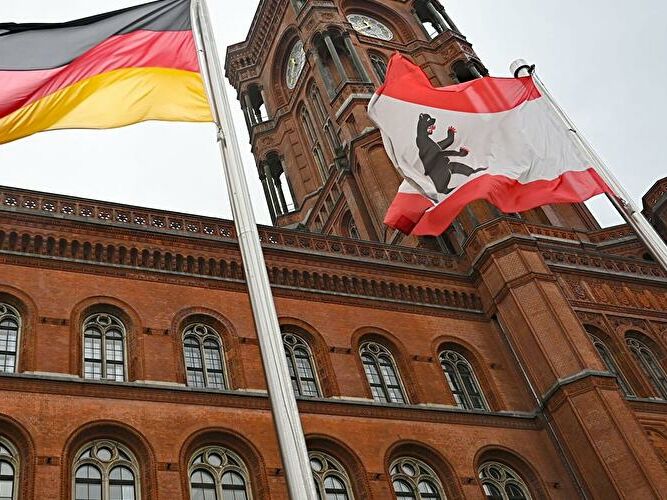Berlin launches €5 billion smart climate projects
- July 31, 2023
- William Payne

Berlin has committed to spending €5 billion on smart city projects in an effort to drive down the city’s climate impact, with the option of increasing spending to €10 billion in 2026. The city’s Special Fund for Climate Protection will be financed through loans and other funds separate from the regular state budget.
The funds will go towards smart projects that aid conversion to fossil-free energy and reduce city-wide emissions.
The bill was introduced by Berlin Mayor and finance secretary, Stefan Evers, who leads the city’s Red-Black (SPD-CDU) coalition. Speaking on the measure in the City Hall, Evers cited social and climate reasons for the approach that the CDU and SPD had agreed on in their coalition agreement in the spring. Sharply increased energy prices as a result of the Russian war in Ukraine have made it clear that dependence on fossil fuels had to be overcome quickly. An increase in extreme weather events has also showed the necessity to act on climate protection.
“The investment requirements are so high in volume that they cannot be represented within the framework of normal budgeting,” Evers said of the loans, which the Senate says are compatible with the debt brake. “To wait would mean damage for Berliners and this city. And that must be averted.” Hesitant action would also drive up costs, the senator argued.
The money is intended for projects that accelerate climate protection in the building sector, in energy production and supply, in transport and mobility, and in the economy. In the case of buildings, this may involve energy-efficient renovation, and in the case of energy, new infrastructure for the heat transition. In the area of mobility, Evers mentioned measures for better public transport, for cycling and walking, or a conversion of the vehicle fleet to electric drive as examples. In the economy, money could flow into projects to increase energy efficiency. Progress in climate protection brought about by the programme is to be documented on the basis of concrete and measurable criteria such as CO2 emissions.
Loans will be taken out and disbursed on a project-by-project basis. The core of the law is a credit authorisation of five billion euros. In 2026, it will be reviewed how the programme is going and then a decision will be made on a possible increase to up to ten billion euros. Repayment of the loans for the five billion assets initially launched is to begin in 2030 and be completed in 2056.
The special fund for climate protection is not the first in Berlin. The state already has several such funds outside the actual budget. Probably the best known is the Special Infrastructure for the Growing City (SIWA). According to the financial administration, such assets related to climate protection also exist in various forms in other Länder, Bremen, Saarland and North Rhine-Westphalia were mentioned. The federal government has transferred credit appropriations for the fight against the Corona pandemic to climate protection. The Federal Constitutional Court is currently reviewing this procedure.
The city has a smart city strategy that recently won plaudits from British telecoms research specialist Juniper Research, which named Berlin as Europe’s leading smart city.
Projects under Berlin’s smart city strategy include smart mobility, energy efficiency and digital infrastructure. Berlin is investing in a range of smart mobility initiatives, such as the Jelbi mobility-as-a-service app, which allows users to book a variety of different transportation options in one place. The city is also building a network of bike-sharing stations and electric vehicle charging stations. The city is also committed to reducing its carbon emissions, and is investing in a range of energy-efficient technologies, such as smart grids and LED streetlights. The city is also working to make its buildings more energy-efficient.
In addition, the city is investing in a high-speed broadband network, and is making its government services more accessible online. The city is also working to develop a “smart city platform” that will allow different city departments to share data and collaborate on projects.
In addition the city hosts a public-private partnership, the Smart City Lab Berlin, that is working to develop and test new smart city technologies. An online platform, the Berlin Energy Atlas, provides information about the city’s energy consumption and production. An open data data portal provides access to a wide range of open data sets that encourage the creation and operation of smart city apps.





